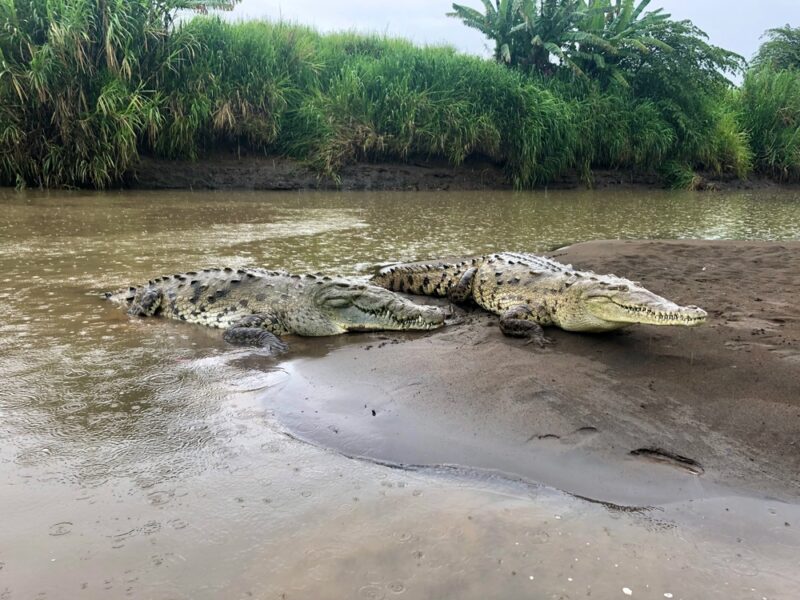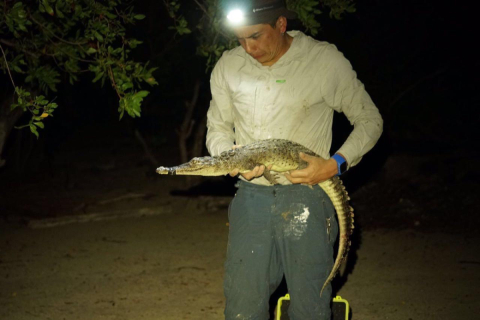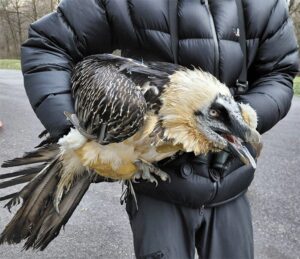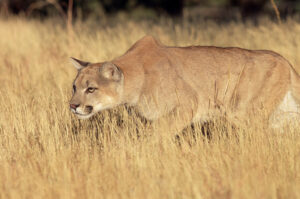Scientists have discovered two unknown species of crocodile on islands off Mexico’s Yucatan Peninsula. They were always assumed to be American crocodiles (Crocodylus acutus), but new genetic testing proves they are distinct.
Researchers from McGill University and collaborating Mexican institutions found that the isolated crocodiles differed in several ways from their mainland relatives.
“The results were totally unexpected,” said lead author Jose Avila-Cervantes in a statement. “We assumed Crocodylus acutus was a single species ranging from Baja California to Venezuela and across the Caribbean.“
The two yet-to-be-named new species live on Cozumel Island and the Banco Chinchorro atoll. Their isolation caused them to adapt to their unique environments, beginning about 11,000 years ago.

American crocodiles in Costa Rica. Photo: Shutterstock
Besides DNA disparities, physical exams revealed noticeable differences in skull shape and scale patterns. The Cozumel crocodiles have long and narrow “longirostrine” snouts that may be an adaptation for catching specific prey. Meanwhile, the Banco Chinchorro crocodiles have broader skulls that help them crush hard-shelled prey.
Each population contains fewer than 1,000 breeding individuals, and their restricted habitats make them susceptible to climate change and human activities, such as coastal development.





